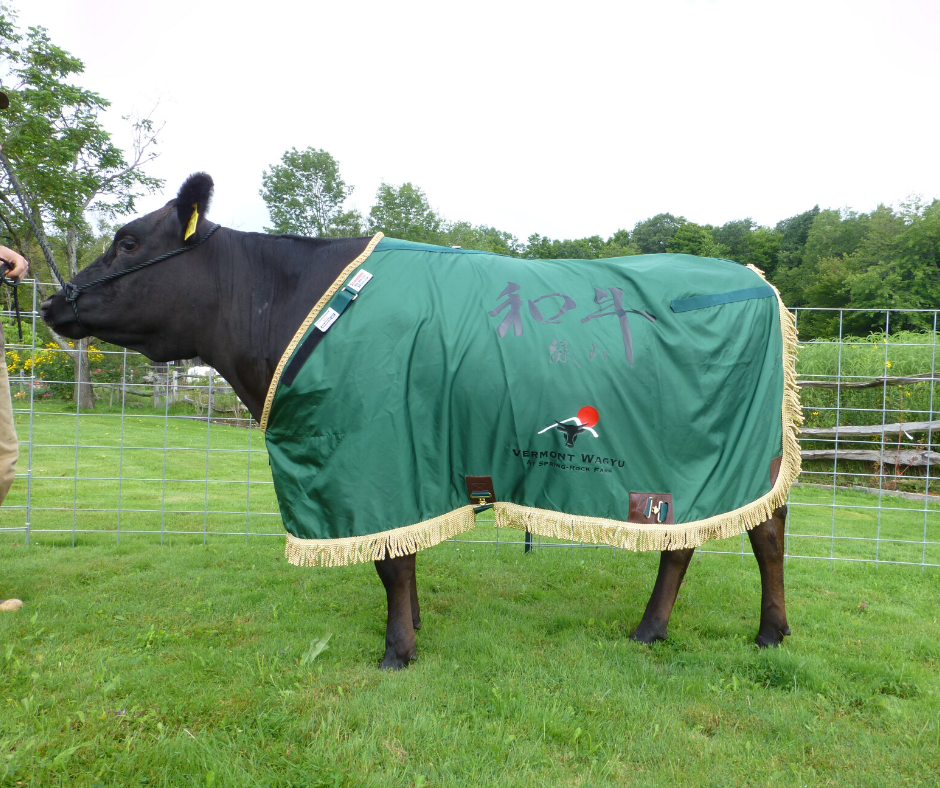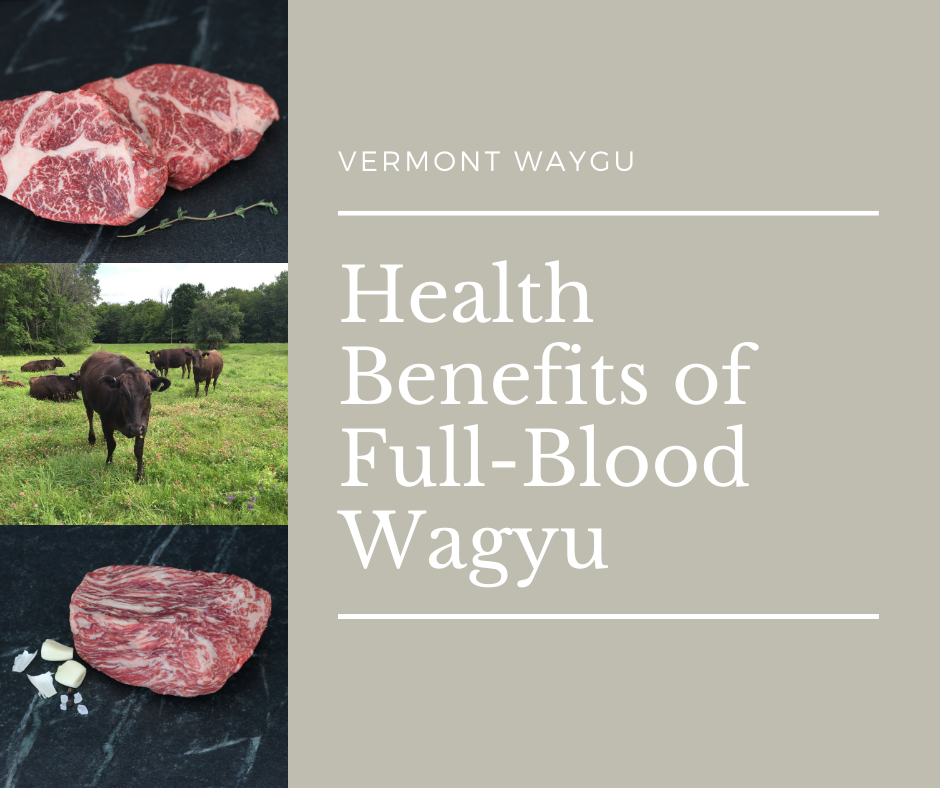From Japan to the US: A History of Wagyu Beef

The literal translation of “Wagyu” is “Japanese cow”--but don’t be deceived by the simplicity of its name. The story of how Wagyu made its way to the modern American dinner table, and why it has earned it such high praise as a premium product, is as rich and culturally-significant as the beef itself.

What makes Wagyu so special?
This coveted Japanese beef tastes unlike any other meat you have tried. It has an incredible depth of flavor, predominantly because of the impressive marbling of its fat. The marbling is a result of centuries as a working cattle used in agriculture. Wagyu were selected for their physical endurance and this selection favored animals with more intra-muscular fat cells. The fat cell 'marbling' – which provided a readily available energy source, is what creates the silky texture Wagyu meat is known for. This marbling is caused by both the natural makeup of the cattle, as well as the high attention to detail in raising Wagyu properly. Caretaking for these cows is no small feat, and today’s standards still maintain traditions from early Wagyu farming in Japan.

Genetically, Wagyu cattle date back tens of thousands of years, though their history of being purposefully bred and raised in Japan is more commonly recorded as beginning in the 19th century. At this time, Japan’s economy was growing, its culture was shifting in response to influences from European countries, and its trade was expanding globally. These changes were primarily the result of the Meiji Restoration of 1868, which sent Japan into a new era, setting the stage for Japan’s status as one of the most modernized countries in Asia.
Moving into the 20th century, Wagyu made its way to America for the first time. Four bulls were brought across the Pacific Ocean to be raised in the U.S. in 1976. Of course, while bulls could easily be bred with other cattle, the U.S. would not yet be able to breed full-blood Wagyu. This changed in 1993, when three female Wagyu cows were brought to the US. This began the practice of Wagyu breeding in the country, supported by additional Wagyu exports from Japan through 1997. Even at this time, Wagyu was still very rare, as fewer than 200 cows were imported to the U.S. during this 21-year period. American farmers took care to maintain Japanese practices in raising their cattle, recognizing the incredible rarity of the breed and seeking that incredible richness in flavor in their meat.
Three years before the turn of the century, all Wagyu exports from Japan were halted. The government saw how valuable the beef was, and Wagyu cattle was declared to be a national treasure in Japan. Already a rare breed in the U.S., this sudden halt in all imports had strong implications for American farmers that were raising Wagyu: over the years, full-blood Wagyu would only become more rare.

Today, full-blood Wagyu make up approximately .03% of all cattle in the U.S. In 2017, only roughly 23,000 of 94 million cattle were full-blood Wagyu, making them extremely rare. At Spring-Rock Farm in Springfield, Vermont, we are proud to carry on the tradition of raising 100% full-blood Wagyu cattle, certified by the American Wagyu Association.
Looking to get a taste of this storied beef? Order now, or click here to learn more about the cows at Spring Rock Farm.
Leave a comment
Comments will be approved before showing up.
Also in Wagyu News

The Storied History of Spring-Rock Farm


